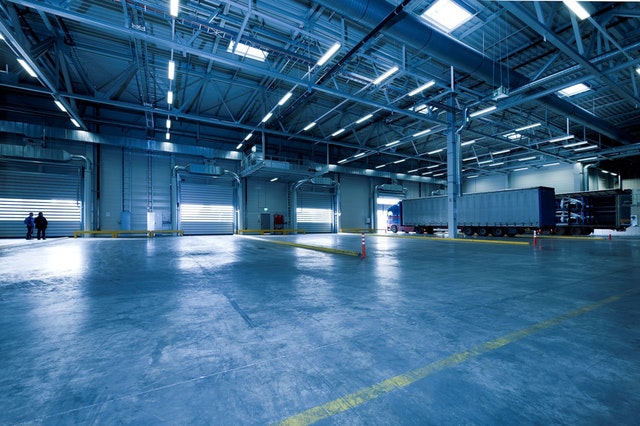Real estate transactions can no longer be made in cash.
On April 3, the Saeima adopted amendments to the Law on Taxes and Fees in the final reading, which prohibits real estate transactions in cash. It was decided that these conditions will be valid until 2019 for real estate transactions that will be concluded by the time the amendments to the law come into force – May 1, 2019 – and whose full or partial execution is planned in the amount of the currently allowed cash ceiling – 7,200 euros. on December 31, but as of January 1, 2020, non-cash payments will also have to be used for these unfinished transactions.
Why the planned cash ban?
The prohibition to pay in cash for the purchase of real estate and related transactions is established in order to prevent the conclusion of fictitious transactions in cases where the parties are interested in buying or selling the property for larger sums of money than the amount of the real transaction.
How will this affect the Real Estate industry?
Changes in settlements in the field of real estate could affect individuals more, but in general, such restrictions will not cause significant changes in the sector. The only way to book a property or pay for a property will be by bank transfer. Cash transactions will be prohibited. It will be significantly more difficult to book a viewed property, for example on a Friday or a holiday. When concluding a hand money contract, cash transactions are excluded. This means that when the client goes to see the apartment late at night or on the weekend, the bank working hours will cause inconvenience, which will limit the making of non-cash payments to reserve or buy an apartment. The seller will become a hostage, as other potential buyers may want to view the apartment, but it will be possible to conclude the contract only on Monday morning. Cash limits are set in 17 of the 28 member states of the European Union. The limits differ in each country – in some countries they apply only to credit institutions, and in others – only to natural persons. Restrictions have not yet been introduced in 11 EU countries, including Lithuania and Estonia. Some of the strictest and most complicated restrictions are applied in Latvia.










